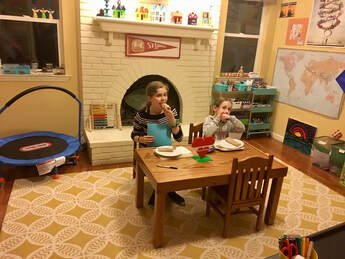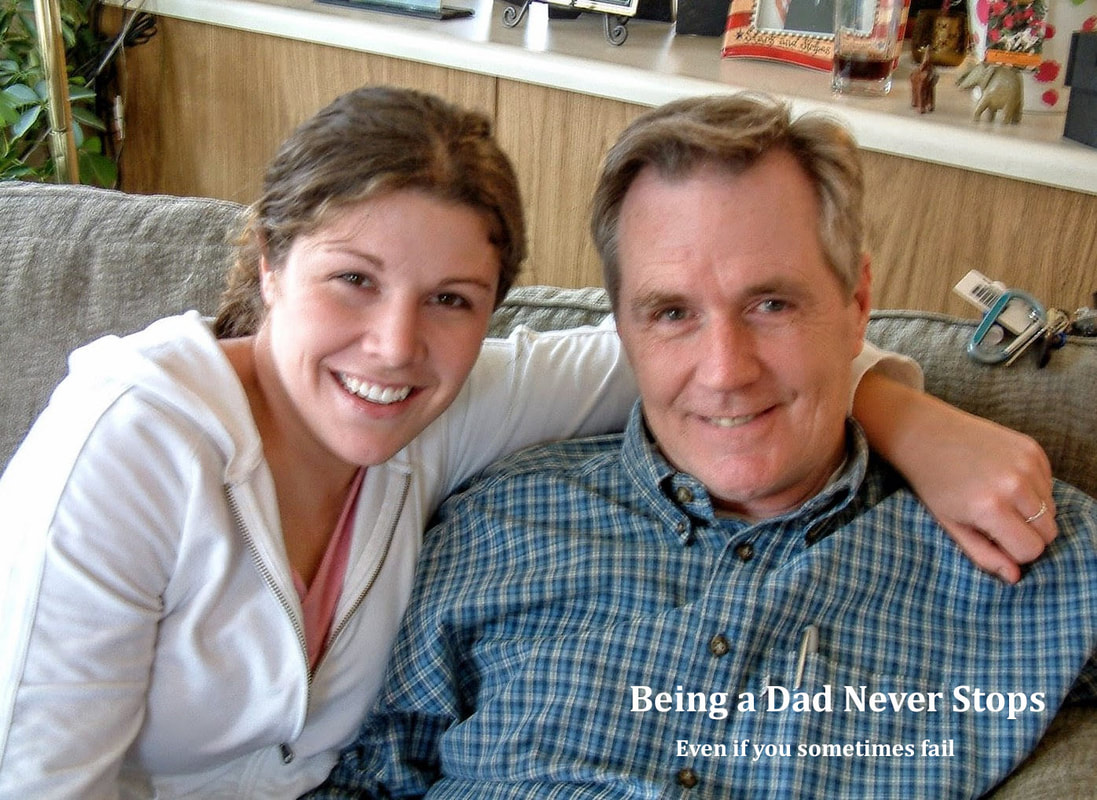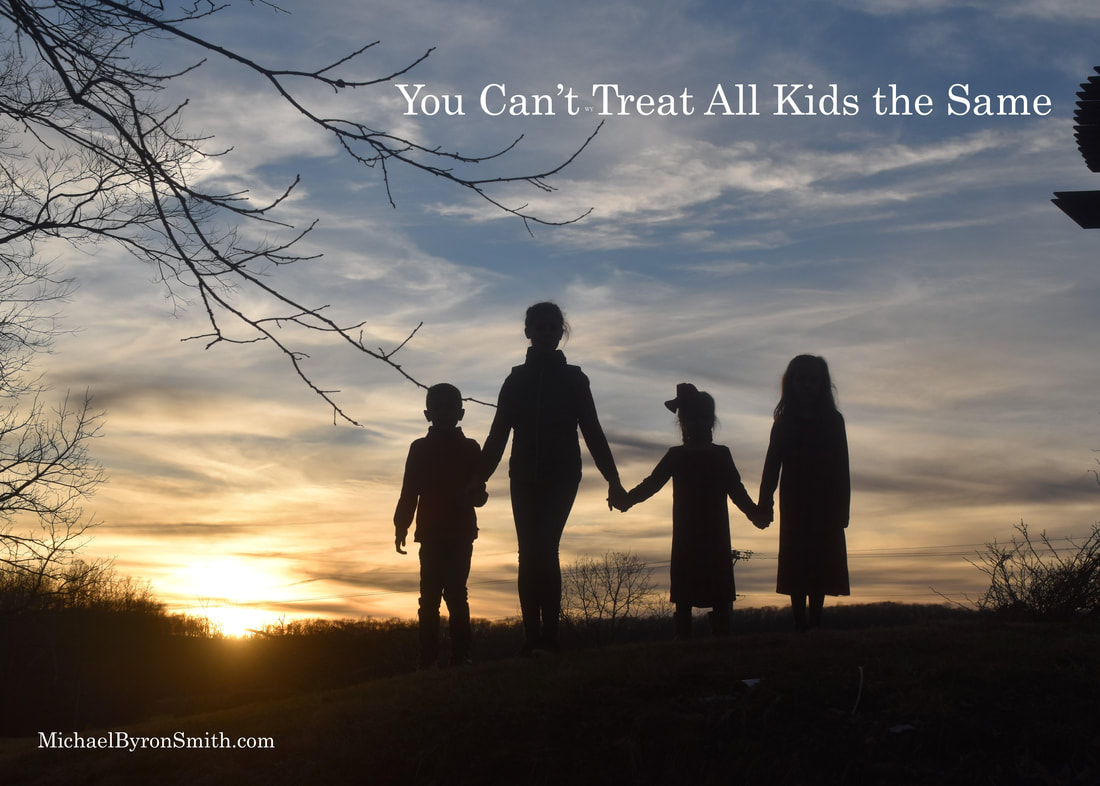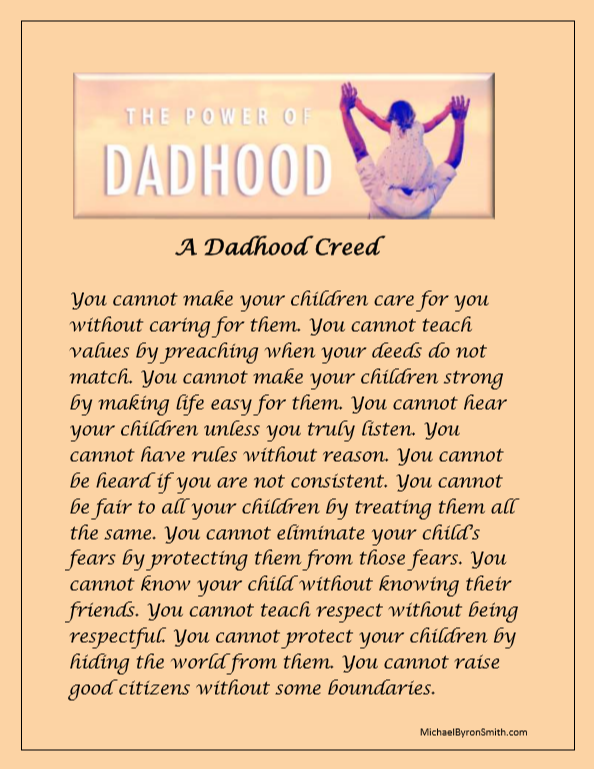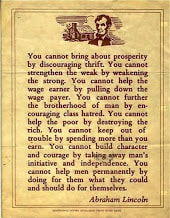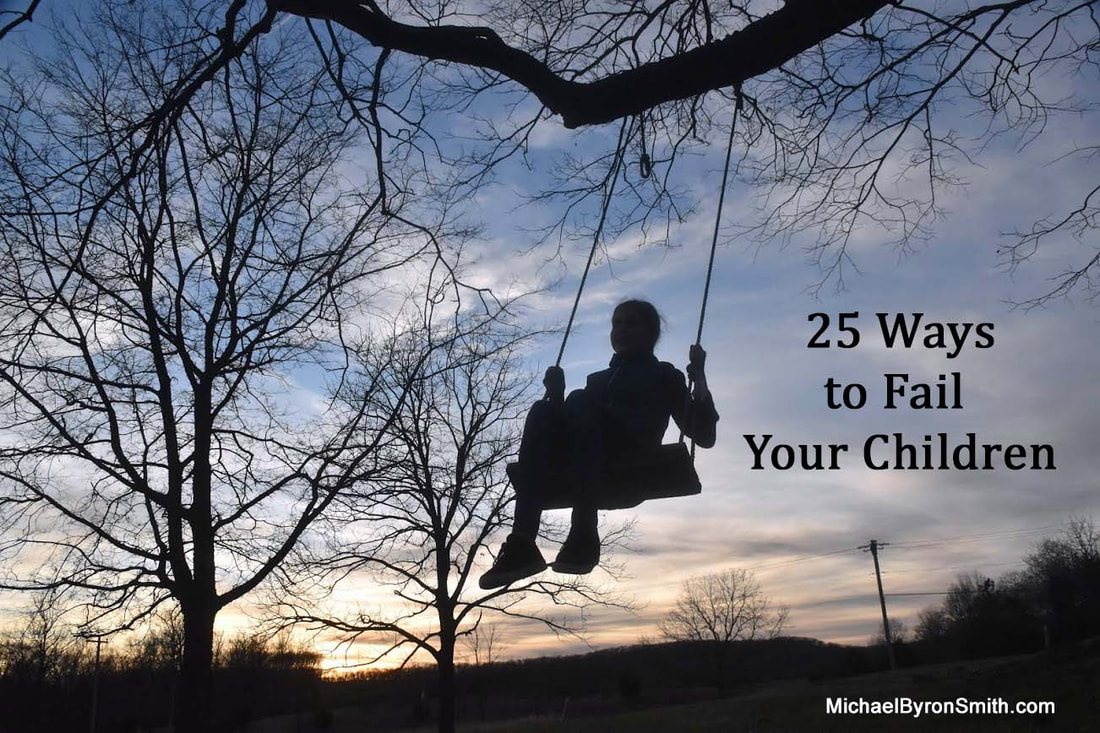 Photo: Michael Byron Smith
Photo: Michael Byron Smith Or was it?
“The biggest problem in communication is the illusion that it has taken place.”
~ George Bernard Shaw
Communication may become a more significant issue when we are cooped up for days on end with those we love during the COVID-19 crisis . Not because it happens more often, but because we may have less tolerance for it. Be patient with your family. Especially your children!
Miscommunication happens with your kids, your spouse, in the media/press, among co-workers, and elsewhere. Sometimes it’s the other person, and sometimes it’s you, or both. Maybe you misspoke, saying something you did not mean. Mostly, these misunderstandings are harmless, but they can cause many problems some of which are very serious. In critical or dangerous situations, parties are required to repeat an instruction. Pilots in the US Air Force, when switching control of their aircraft from one to the other, must confirm the transition. The first pilot, “You have the aircraft.” The second pilot, “I have the aircraft.” Only then can the first pilot release control.
How about a less critical but essential communication situation? How about within your family? Even the most loving of spouses can get annoyed with each other when they aren’t connecting at the same level. Then there are the kids! Being misunderstood is painful, especially for kids, because they often think they are doing something wrong or you are unfair. It can leave them feeling helpless, upset, impatient, and angry, especially at the person that’s not understanding them. Children can’t think like an adult, so adults have to think like a kid. The knowledge and ability to do that within your family will decrease misunderstandings.
Heidi Grant Halvorson, a social psychologist, says in her book, No One Understands You and What to Do About It, you are probably a terrible judge of how other people view you. Humans, she explains, are consistently poor judges of how other human beings view them. “We know when someone else is making a good impression, but we don’t know when we’re not doing it.” Stated otherwise, if others can make a bad impression or be unclear, so can you - without realizing it. In fact, one of the easiest ways to suffer the consequences of being misunderstood is to make the assumption that who you’re talking to knows what you know, feels what you feel, or is on the same page as you.
Here are some reasons why people misunderstand each other * It’s no wonder it happens so often!
- Mood. Wow! A bad mood will always get in the way of good communication. Be honest about your mood and take responsibility by admitting your inability to communicate properly. I’m as guilty as anyone. If it can wait, let it wait!
- Anger. This ties in with mood but can be much more disruptive and consequential.
- Exhaustion. If you are tired, you’re not alert and may not be listening.
- Hearing issues. This is a common problem. Unless tested, we may not notice when we lose hearing. To avoid embarrassment, we often answer as if we heard correctly.
- Bias. Hearing only what you want to hear because you want to control and validate your belief.
- Not listening. We are all guilty of this at times. It easy to do with children when they constantly need your attention.
- Vocabulary. Know your audience and use language they understand. Unless they know you well, they may not admit they didn’t understand. Again, try to imagine what a five-year-old really wants.
- Personality differences. Different personalities hear things differently because of sensitivities, attitude, openness, etc. Some people think deeply. Others sail on the surface.
- Preoccupied. Sometimes you are in the middle of a correspondence, or an activity where you are concentrating on a task, or simply in deep thought. This is not listening less offensively.
- Purposeful. We can be dishonest about what we hear or pretending we didn’t hear correctly or responding with double talk, purposely trying to confuse the other person.
- Assuming. Asking, “Why did you do that?” when the other person doesn’t know what ‘that’ is.
- Sarcasm. Men, especially, close friends, are sarcastic with each other. It’s kind of a brotherhood thing when done right. But you have to know the person to be sarcastic. Also, I believe men are more open to sarcasm more than women.
- Tone. How you say something is as important as what you say. The wrong tone will almost always cause miscommunication.
- Appearance. How you look when you talk (facial clues, body language, eyes) all speak as loudly as your voice
- Where’s your head? What is the other person thinking? Similar to assuming, but more like being the same frame of mind as you. I say, “I love your jeans!” You hear, “I love your genes.”
Because there are so many ways to miscommunicate potentially causing undesired results, it’s wise to reassure those you respect and love on a higher level by taking pro-active steps.
Pre-emptive statements to minimize communication issues.
- I will never say anything on purpose that sounds like I don’t love you.
- Please feel free to ask questions.
- I can’t hear well in noisy areas.
- I’m not familiar with that topic.
- Can I have your attention for a moment?
- I’m tired. Can we talk in the morning?
- Do you understand what I mean?
- Can you repeat that?
Summary
There are enough problems in the world and within our families without creating unnecessary obstacles. Think about what you are saying and how you are listening. Remember never to overreact. Remember that saying sorry is always an appropriate thing to do when you have made a mistake. Remember that kids are kids. They are rambunctious, energetic, and immature. Give them some attention and be gentle. Remember to give time to yourself and to give yourself time to think. Give hugs after mistakes have been made.
#powerofdadhood
* My thoughts as a layman

